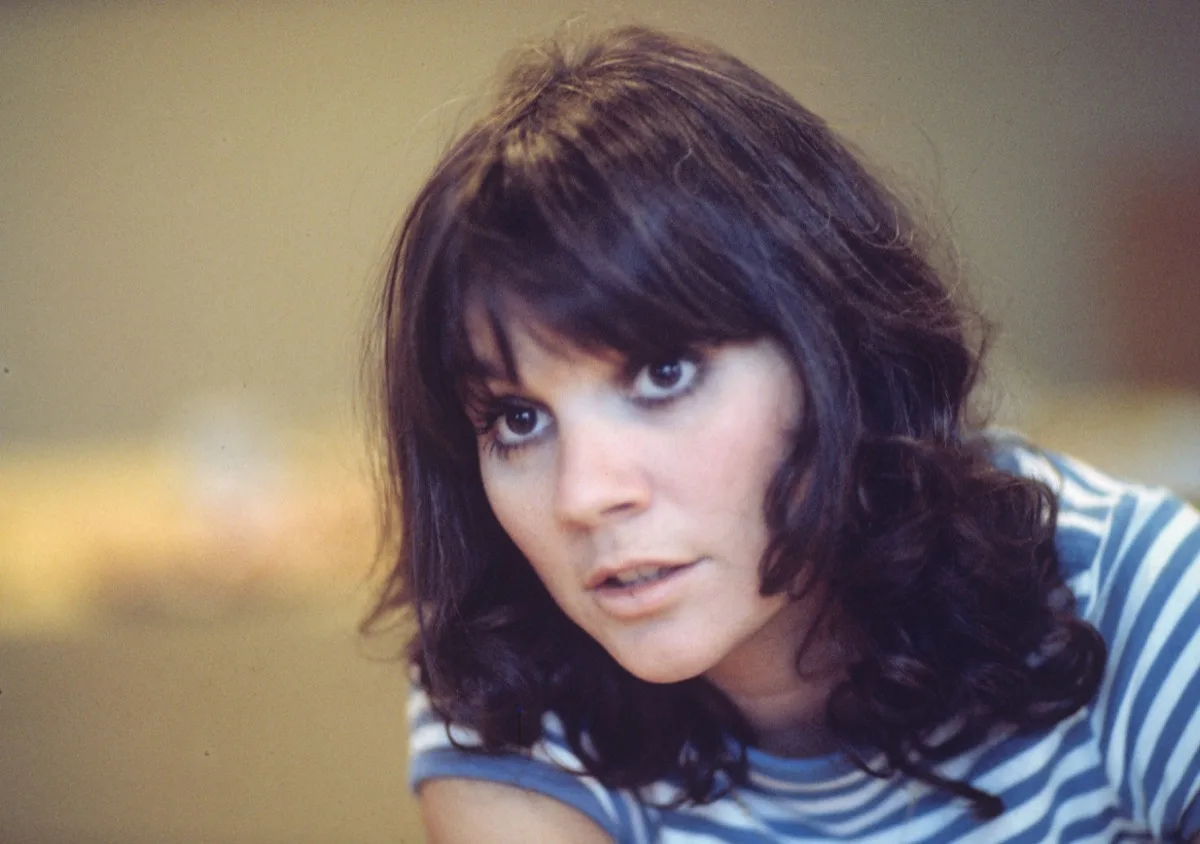
“Baby You’ve Been on My Mind” is a love song that refuses to demand anything—a tender confession that stays gentle even when it can’t let go.
The Linda Ronstadt version of “Baby You’ve Been on My Mind” belongs to her earliest, most revealing chapter—when her voice was still being introduced to the world outside the Stone Poneys, and you can hear her testing what kind of storyteller she wanted to become. The song was released in 1969 as a single on Capitol Records, backed with “I’ll Be Your Baby Tonight”—another Bob Dylan song—and it did not chart in the U.S. More importantly, it also appears on her first solo studio album credited solely to her, Hand Sown… Home Grown, issued in March 1969 and produced by Chip Douglas. That album marked a decisive pivot toward country-rock and folk, built largely from covers—almost like a carefully chosen set of songs that could “introduce” her musical soul before the industry ever learned to label her.
Chart history can sometimes be a cruel narrator, especially with early work. Hand Sown… Home Grown wasn’t the record that announced her commercial breakthrough; even official discography summaries note that her 1970 album Silk Purse was the first to make the charts in the U.S., which effectively places Hand Sown… Home Grown outside the Billboard album conversation at the time. But that’s precisely why “Baby You’ve Been on My Mind” feels so intimate now: it comes from an era before momentum, before mythology—when the singing is close enough to feel like a room, not a stadium.
The song itself carries a fascinating identity shift. Dylan wrote it in 1964—originally known as “Mama, You Been on My Mind”—during a European trip and in the shadow of his breakup with Suze Rotolo. He recorded it on June 9, 1964, but left it off the album it was intended for, and his own studio version remained unreleased until 1991 on The Bootleg Series Volumes 1–3. That means Ronstadt—still only just stepping into her solo identity—was singing a song that had already become a kind of whispered heirloom among musicians: admired, traded, retitled, and reshaped long before Dylan’s official version entered the world.
Ronstadt recorded her performance on October 3, 1968 (according to detailed cover documentation) and released it the following spring. Hearing it in that context adds a special poignancy. She wasn’t covering a “classic” yet; she was choosing something almost private—an emotionally sophisticated piece of writing that doesn’t posture. The lyric doesn’t plead. It doesn’t bargain. It doesn’t even ask for reassurance. It simply admits a quiet truth: you’ve been on my mind. And in that understatement lies the song’s ache—because the strongest feelings often arrive without permission, lingering like a scent on a coat you can’t bring yourself to wash.
What Ronstadt brings is the particular clarity of her early tone: bright but not naïve, steady but not hardened. On Hand Sown… Home Grown, she was blending Nashville gravity with West Coast openness, and “Baby You’ve Been on My Mind” sits perfectly in that in-between space. She sings it as if the thought has surprised her—something she tried to outrun during the day, only to meet again in the quiet hours. The phrasing feels conversational, almost like she’s speaking to herself first and the listener second. And that is where the song’s meaning deepens: it’s not a dramatic love declaration; it’s the admission of emotional persistence. Not possession. Not conquest. Just a human inability to “unthink” someone.
There’s also a subtle dignity in choosing this song as a single in 1969, even if it didn’t chart. A young woman, newly solo, taking on Dylan not with swagger, but with grace—placing vulnerability front and center. In hindsight, it feels like a quiet prophecy: Linda Ronstadt would go on to become one of popular music’s most powerful interpreters, but her power was never only volume. It was emotional accuracy—the ability to make a borrowed lyric feel as if it had been living in her chest for years.
And that’s the lasting gift of “Baby You’ve Been on My Mind”: it doesn’t try to freeze love into certainty. It lets love remain what it often is in real life—unfinished, unresolved, and still impossibly present.